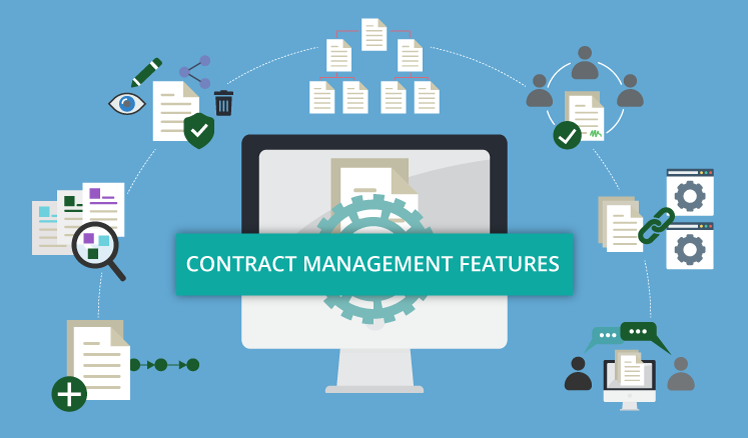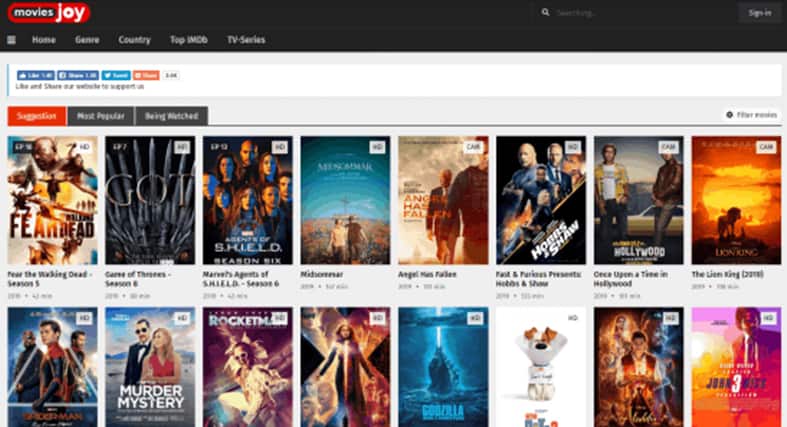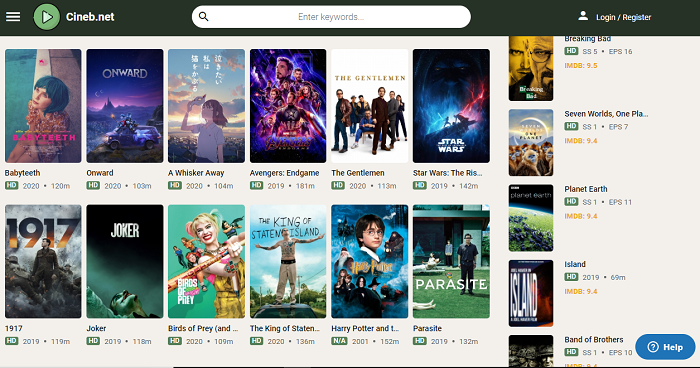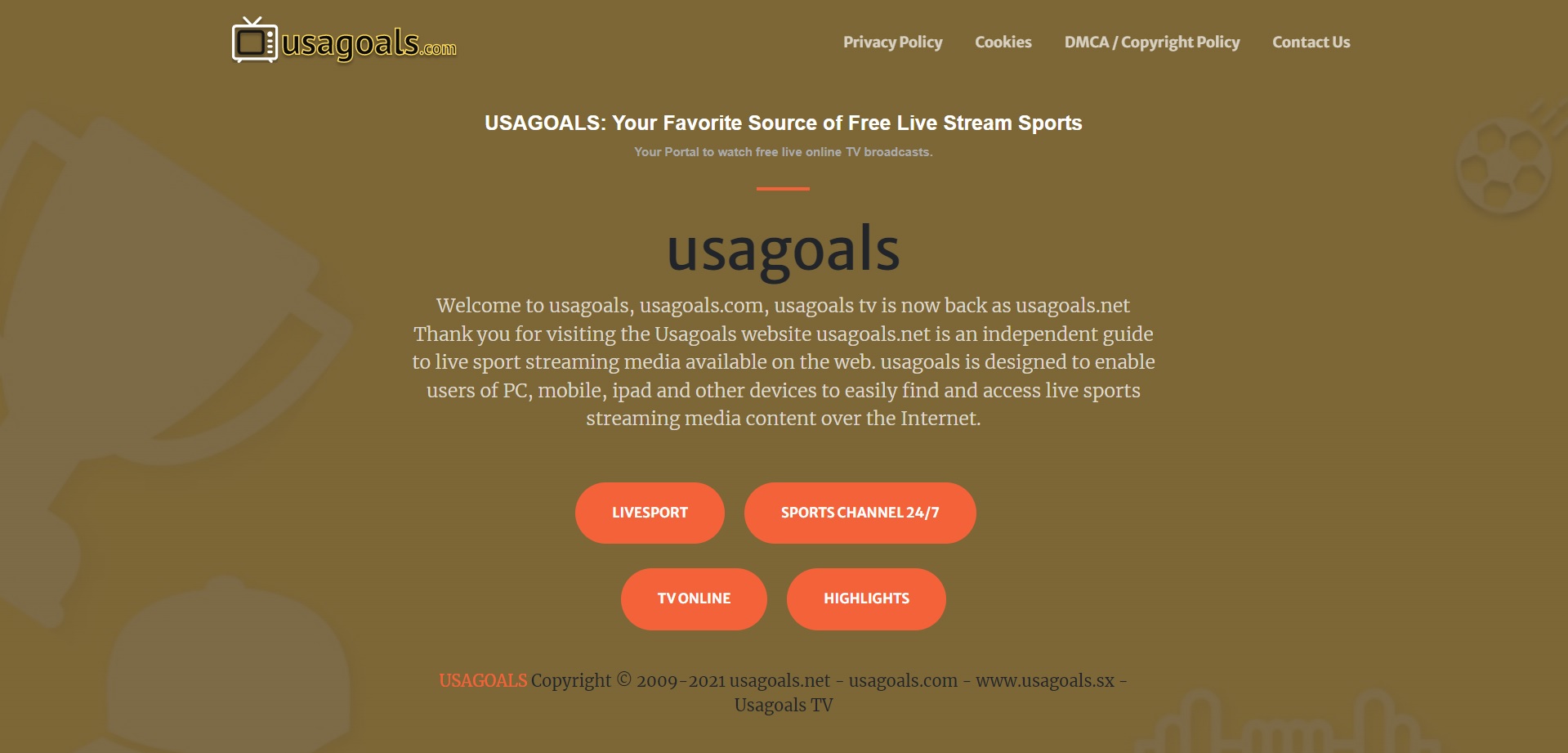CRM stands for Customer Relationship Management. Though it’s usually meant as a CRM system, which is the software that helps to improve the customer-seller relationship and provides a more convenient way to track all the data.
Such systems have been in use since the ’90s and have made a long way from pretty simple databases to huge complex programs with a thousand features. Their form and main principles vary from one business to another. That’s because every company has different priorities, algorithms, and work types in general.
Many businesses use spreadsheets instead of such programs. Of course, there’s nothing wrong with that. But their possibilities and tracking options are very limited, even when compared to the most basic CRM systems.
For example, with a spreadsheet, you can keep an eye on:
- phone number;
- email;
- name;
- date of purchase;
- address;
- quantity (of both the customers and products sold).
While CRM allows you to track:
- multiple contacts;
- size of the company;
- lead management;
- more complex statistical data;
- detailed reports from every process;
- current sales, their analysis, and predictions, etc.
How to Get a CRM System?
Today, there are many ways to obtain such a system apart from buying it. But let’s consider this option as well.
Ready Solution
Of course, the first and the most obvious one is to buy it. Pre-made CRMs are good for small and middle-sized businesses. They usually include only the essential features, but they are still enough for many companies out there. For those who have just started operating and don’t have either many customers or enough budget for custom software.
It works just like buying any other product. Pay for it only a single time, and it’s yours forever. Yet, you won’t be able to make any changes in its structure and add new features.
Custom
A better but more expensive option is to have a CRM developed specifically for your company. There are many CRM Development Services that specialize in this type of software. Such a program will include anything you want. Just state your requirements, provide needed data, and programmers will turn your dreams into reality.
Also, they have a lot of room for future improvements. You can add, remove, or change any part of the custom-made system at any time. As you contact the CRM development company again, just make sure that the changes are possible to implement.
Obviously, it also costs many times more than a pre-made system. The prices for custom CRM development start from 50$ and don’t have the upper limit. The thing is, international corporations and conglomerates have millions of customers and features they need. Therefore, a program needs to be huge and complex too. And the price can be as high as $300 000-$500 000 or even more.
Subscription
This is probably the most convenient way to get such a system. Especially for the ones who have started doing business not so long ago and aren’t sure whether they need such software at all.
It comes in the same form as ready-made CRMs. The only difference is that it comes with a monthly fee, instead of a single-time purchase. The program itself doesn’t belong to you and will be taken as soon as your subscription ends. Still, it’s a good way to try out different systems, save a lot of money, and get a decent understanding of how CRM works.
Who Would Need CRM?
Well, the answer to this question is simple. As said before, only the very “young” companies may find spreadsheets convenient enough for their demands. But soon, the number of customers will grow along with the number of workers. Also, the company will probably implement new services, products, or work algorithms.
And that’s when a spreadsheet could be very annoying to use. CRM, on the other hand, can do almost anything you may demand from it. Of course, it’s possible if you bought the right one, or ordered a custom one.
That means every business will benefit from using such a system. As clear from its name, it aims to improve the relationship between the customer and the vendor. And businesses are always interested in it because it’s always profitable.
It’s also a must-have for those who know how much their time is worth. CRMs allow their users (businesses) to save an enormous amount of time. The software can do some processes automatically, thus taking some basic responsibilities from employees.
And whatever process CRM can’t automate, it will simplify it. No more filling empty cells by hand and forgetting to write something down. CRM will do it for you.
When Is the Right Time to Get One?
The earlier – the better. Right, not every company has enough funds to buy or order one. But that’s why CRM renting services are so popular today. Their prices start from 50$ per month per user (an employee of the company that will use it). Just like said before, it’s the perfect opportunity to test it out, find what features are crucial to you, and what can be neglected.
For those who are already used to spreadsheets and aren’t sure that migrating all the data into a new platform is convenient – don’t worry. Modern systems allow a very easy data transfer. And it’s even easier if you have a custom platform in development. Just provide the company working on custom CRM solutions with all your data, and they will do the job.
As for the exact time when you’d want to switch to such a platform, do it when there will be the least damage due to inconveniences. Getting started with a CRM may require some time, as well as the data transfer itself.
So, analyze your statistics, and find out when there is the least amount of customers (month, day, time). This way, the number of possible inconveniences is minimized.
The best option is to do that when the “store” is closed. But that’s only applicable to businesses that have “open hours”. Because as obvious as it seems, services that work 24/7 won’t be able to do it this way.
Summing Up
CRM may seem like the ultimate software for almost all of your business needs. Because it is. It simplifies countless annoying processes, improves efficiency, saves a lot of time, and makes working much more convenient in general. So, analyze the main work principles of your business, find out what features you’d need, and get the CRM of your dreams.









Add Comment